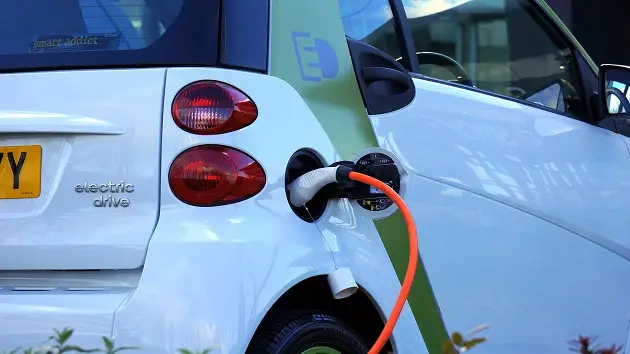As Switzerland is confronted with the threat of possible blackouts this winter, the government is looking at becoming the first country to legally limit Electric Vehicle (EV) usage in order to lessen the strain on the country’s power grid, according to a new report in the German daily Der Spiegel on Thursday.
The plan the government is looking at will impose an absolute ban on the use of EVs with an exception for cases of “absolute necessary journeys.” Stricter speed limits on the highways are another potential element the government is examining, to increase vehicular energy efficiency.
The issue driving the government to consider such measures is an growing risk the nation will experience a power shortage in the coming months, due to the high percentage of the nation’s electricity which is imported from nearby nations.
Roughly 60% of Switzerland’s domestic energy is generated from hydroelectric power stations, utilizing dams across rivers or between lakes of different heights. A large share of the remainder however, is imported into the Swiss energy grid from France and Germany. Both nations are experiencing their own energy crunches, and it is feared they will not be able to supply enough electricity in the coming months to keep the lights on in Switzerland.
The Swiss Federal Electricity Commission (Elcom) has warned the nation that French nuclear power generation is experiencing a lower availability as various maintenance procedures have stretched out beyond their projected completion dates, and kept several reactors offline longer than expected. The commission went on to warn that could mean energy exports to Switzerland would be substantially below what the country would need.
The Commission noted the nation might have to use imports from Germany, Austria, and Italy to try and cover the deficit. However according to the Commission, the ability of those nations to produce enough energy to supply the exports, would rest on their ability procure the requisite fuels at reasonable prices and quantities, mostly natural gas.
Since the war in Ukraine began, all of Europe has been forced to pay sky-high prices for liquid natural gas in hastily negotiated contracts, and on the spot markets, as cheap Russian supplies were cut off.

